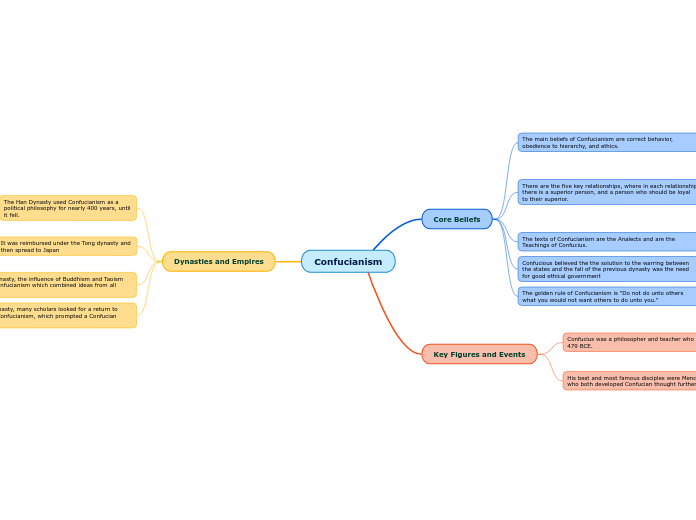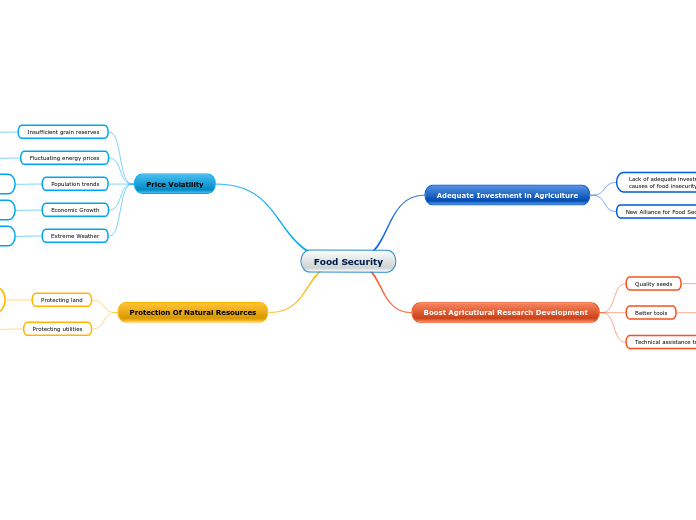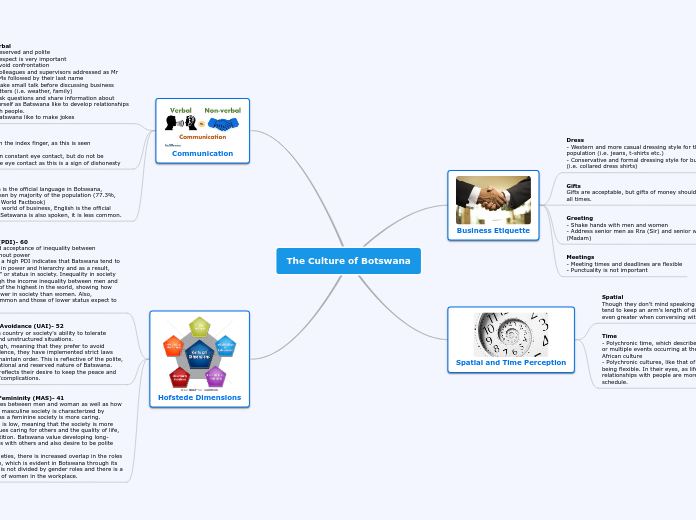HSP3U RST
Psychology
Positive Reinforcement:
Throughout the entire movie people are beat by Maman,
and Javed Khan. This is a physical punishment being given
to the people. Furthermore, the teacher threw a book at
Jamal and Salim since they were late to class.
5 Typical Mistakes Socially Intelligent People
Avoid Making by Michael Thompson:
The fourth point in this article is that socially intelligent
people avoid speaking poorly of others. This is not
exhibited by Javed Khan and Maman as they are instead,
constantly putting down their followers.
Narcissistic Personality Disorder:
The host of the show "Who Wants to be a Millionaire"
exhibits Narcissistic Personality Disorder. He states, "Do
the right thing and in approximately 3 minutes you will
be as rich as me... almost". This proves his narcissism since he is putting himself up on a pedestal.
Extrinsic Motivation:
Salim shows extrinsic motivation when he kills or hurts people to avoid being punished by Javed Khan.
Psychopathy:
Javed Khan is a psychopath as he injuries and
controls people with no remorse for his actions.
Flynn Effect:
Due to influences that may explain the Flynn
Effect, the company of "Who wants to be a
Millionaire" believe that Jamal is cheating.
After all, he had a poor quality home environment,
he does not see much media since he is in a
poorer area, he had poor nutrition most of his life,
and was uneducated for it as well. So with all
these compounding factors the company thought
he was cheating.
Operant Conditioning:
Salim and Jamal's mother states, "You want me to
wallop you to death, huh?". This is a technique
that she hopes will teach the boys to behave by
offering a punishment if they continue the
undesired actions.
Mary Ainsworth's Infant Attachment Types:
Salim and Jamal are in the category of Not yet attached due to the fact that their mother dies when they are young and they have no father in the picture. This leads to them attempting to survive on their own and they find poor father-figures who they end up following.
Abraham Maslow's Theory of Self Actualization:
Jamal shows this and is on the stage of Belongingness
and Love Needs. Throughout this entire movie he is attempting to seek out Latika and have an intimate
relationship with her.
Albert Bandura's Theory of Social Learning:
Salim follows the four steps in Bandura's theory.
The behaviour of Maman and Javed Khan grab his attention.
He retains what they teach him.
He reproduces the behaviour taught by punishing Latika.
His motivation to do so is due to him being afraid of being punished by Javed Khan or Maman.
Karen Horney's Theory of Neurosis:
Horney states that aggression is a neurotic need to restrict life's borders and the need for power, exploitation, and self-admiration. This is seen through the character of Javed Khan, Maman, and Salim. They all use aggression to get what they want. Salim speaks poorly of Jamal and Latika so that they will follow him. He has an obsessive need for power seen when he kills Maman and joins Javed Khan in an attempt to gain more power.
Sociology
Status - Achieved Status:
Salim works to become Javed Khan's
right-hand-man due to the fact that he
kills Maman.
Direct Social Influence:
Maman demands that Salim get his brother to be the
next boy to sing for him.
Sexism:
This movie shows sexism towards the women. This
is seen through the antagonist Javed Khan when
he forces the women to dance and also how he
outwardly abuses them.
Microaggressions:
An american family stops an Indian man from
beating up Jamal and states, "here is a bit of the real
America" while handing him money. This is a
subtle comment putting down the culture of Mumbai
while raising their own above it.
Obedience:
Latika becomes obedient when she is in the
presence of Javed Khan because she fears him.
Sanctions:
People in this movie are constantly
being punished for their actions
from Salim and Jamal's teacher
hitting them with a book to Latika
getting cut with a knife for running
away from their group.
Conflict Theory:
Karl Marx theorized that the only way for the poor to
attain power would be to topple the wealthy. In this
movie, Salim uses his wits to try to gain wealth. He
shoots and kills Javed Khan as well which is him
"toppling the wealthy".
Feminist Sociology:
In this movie, men are basically deciding what women
can and can not do. This is seen through the character
of Latika. She faces so much sexism that she attempts
to leave and when she does, the men find her and
punish her. On top of that, the men in the movie
control the women by the fact that they made them
dance for them and made them act sexually towards
them when they likely did not want to.
Learned Theory:
Salim learns his behaviour of being harsh
and discriminatory by his mentors, Maman,
and Javed Khan.
Compliance:
Salim becomes compliant when he is near Javed Khan
he does not agree with what he is doing as seen when
Jamal sees him praying and asking for God to forgive
his sins yet he still does those terrible things.
Gender Roles:
In the movie, Latika and the other
females are given the role of housekeeper,
as well as making the food, and presumably
sexual favours.
Child Abuse:
Child abuse is all throughout this movie
most horrifically is probably when Maman
makes a young boy go blind. However,
there are countless beatings as well.
Other than physical abuse though, there
are still many instances of emotional
abuse as well.
Discrimination:
This movie shows strong discrimination against
females. Specifically Latika. She is treated
unfairly and she has no choice but to listen to
Salim.
Bystander:
There are many onlookers who do nothing when
Latika is shouting out to Jamal for help as she
is being kidnapped and nobody does anything.
Socialization:
Salim must socialize in order to
survive in the presence of Maman
and Javed Khan. So, he becomes
the second in command and does
things he is not proud of.
Social Behaviours:
Salim learns how to act by watching others
around him and so, he becomes very harsh
towards everybody. This draws Maman towards
him and he rises through the ranks at a young age.
He learned how to command people which is seen
when the kids were goofing off and he made them
get back to work.
Gender Stereotypes:
This movie shows many stereotypes associated
with gender. One of them being that Latika
has to make a sandwich for Javed Khan when
Jamal tries to see her.
Upstander:
Jamal is an upstander when he attempts to
stop Salim and his gang from taking Latika.
Anthropology
Rites of Passage:
Maman has a rite of passage that when
a child is proficient enough at singing,
he blinds them so they may make more
money on the streets.
Scarification:
Latika is scared by Salim's gang
to show that she is their 'property'
Cultural Materialism (Infrastructure,
Structure, Superstructure):
Due to the fact that Mumbai does not have
many resources, this leads to them having
a poorer education system. From this education
system, this leads to the less educated values and
ideals of the country as they show discrimination and
prejudice towards women.
Yassmin Abdel-Magied "What does
my Headscarf mean to you?":
Abdel-Magied talks about unconscious bias in
her TedTalk. This can be seen in the movie when
Jamal is standing at the Taj Mahal and a white
couple assumes he is a worker due to his age
and garb. This is not them directly discriminating
against him, however it is an unconscious bias
they have.
Amy Cuddy "Your body language may
shape who you are:
Cuddy states, "What do we do when we
feel powerless... We close up, wrap ourselves
up". This is exactly what Latika was doing
when in front of Javed Khan.
Amber Case "We are all Cyborgs Now":
Amber case explains in her TedTalk that by
using technology we are bending space and
time. This is seen throughout the movie with
the media and news broadcasts, and the
"Phone a Friend" option in the show.
Ernestine Friedl's Theory on Feminism:
Latika is not valued by Salim and
his groupsince she provides no food.
So she is constantlyharassed and abused.
Frans de Waal "The surprising
Science of Alpha Males":
In this TedTalk Waal states that in order to become
the alpha male they must be intimidating, and
physically powerful. In the movie the alpha male of
the gang is Javed Khan and he influences what the
others do. Until like apes, he is overpowered and
killed by Salim.
BBC "Do Chimpanzee Wars Prove that
Violence is Innate?":
This article shows how humans and chimps
are similar. First, the article states that they
engage in inter-group violence. Much like Salim
did when he killed Maman, and Javed Khan.
It also stated that they gang-up in big groups versus
a small group in aroung 5-1 numbers. Javed
Khan does this when he goes to confront Salim.
He breaks down the door and 5 others rush through
the door with him to kill Salim.
Cultural Relativism:
A couple from America was
visiting Mumbai and stopped
a man from beating Jamal stating,
"here is a bit of the real America"
which shows that they are comparing
America to India and feel themselves
superior which is why they gave
him money.
Similarities to Apes (Violence):
This movie shows many forms of violence
from the torture at the beginning to
mothers hitting children to Latika getting
cut with a knife. Violence is a trait that
is shared and likely passed down from
human's primate ancestors.









